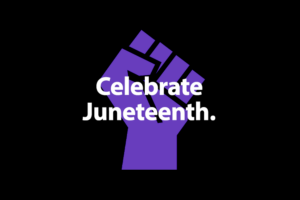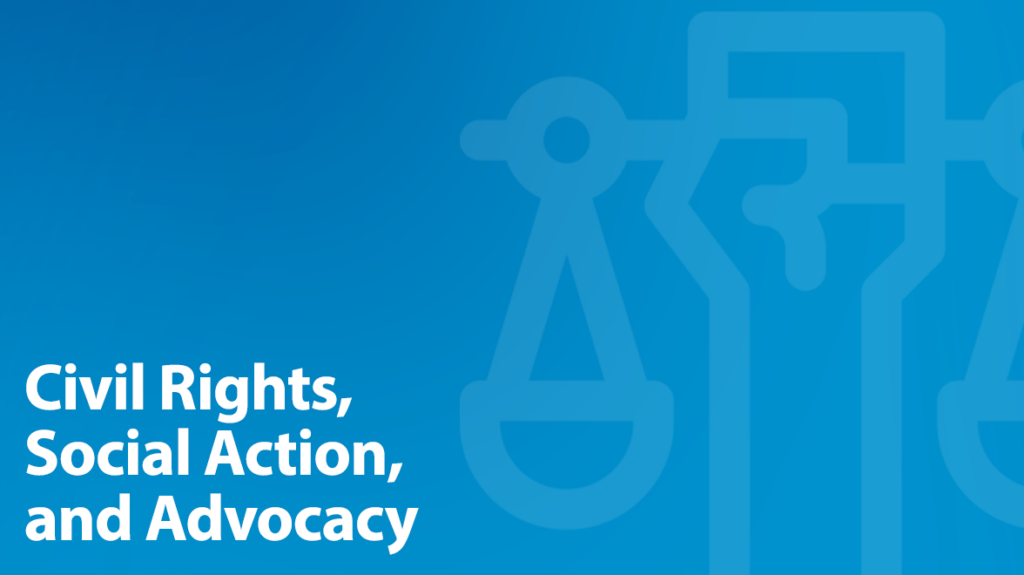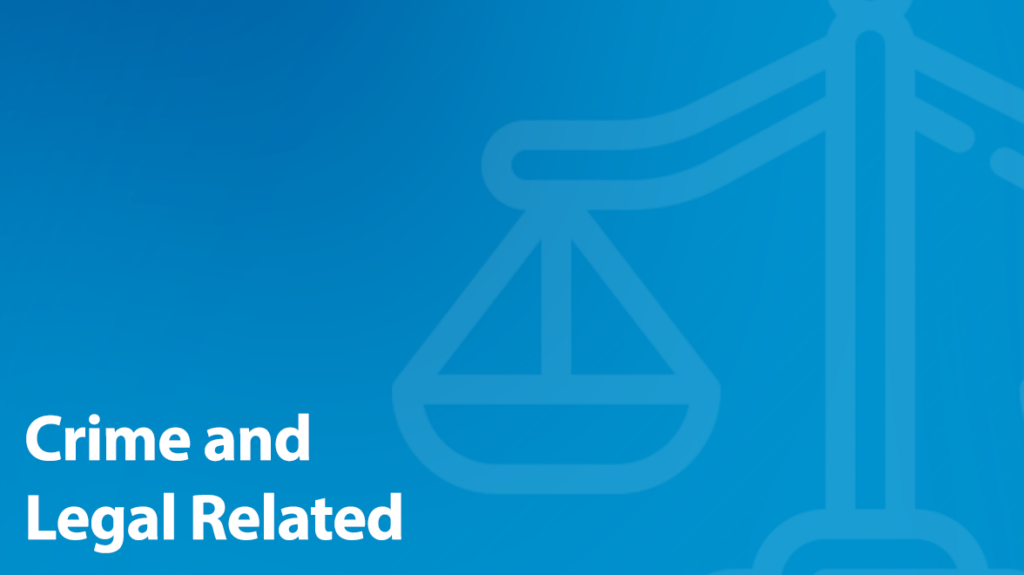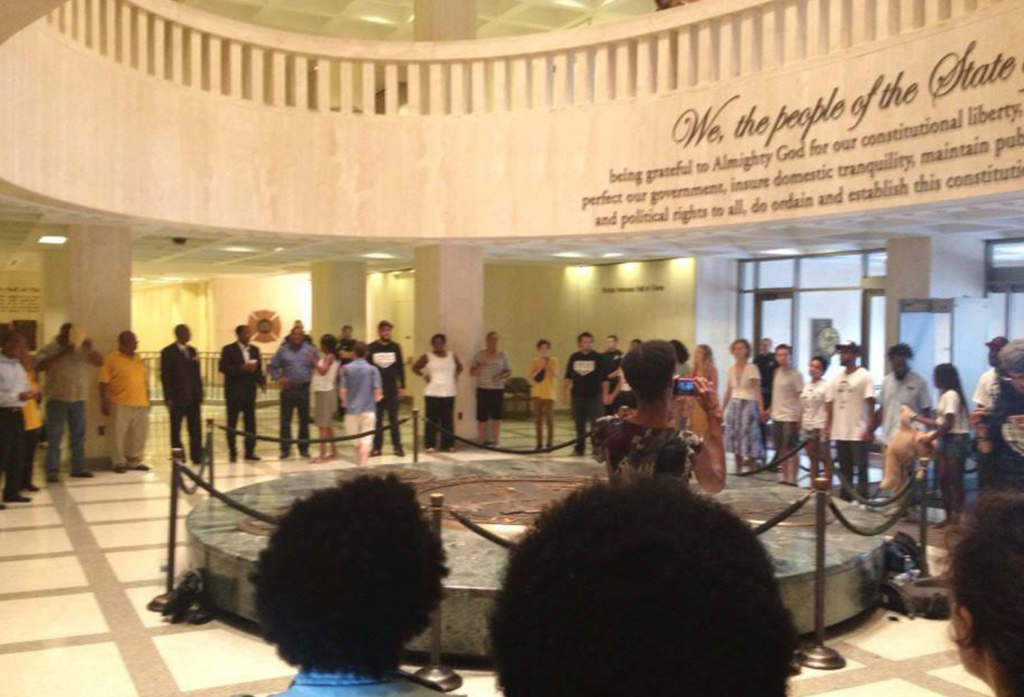
Our Cause
The SPLC is a catalyst for racial justice in the South and beyond, working in partnership with communities to dismantle white supremacy, strengthen intersectional movements, and advance the human rights of all people.
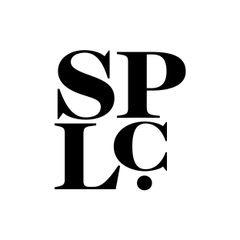
*Ranges calculated below based on payroll deductions from 24-26 total paychecks in a year.
How Your Workplace Donations & Matching Gifts Make a Difference:
$100 - $250
Total Annual Pledge
($5 - $10 per pay period)
$250 - $650
Total Annual Pledge
($15 - $25 per pay period)
$780 - $1300
Total Annual Pledge
($30 - $50 per pay period)
Our Stories
Boost This Organization's Impact Through Cause Funds
Designed to empower donors and employers to support America's Charities nonprofit members through workplace giving or as a stand-alone donation option, each fund focuses on a specific cause and features a selection of vetted America's Charities members working directly to address that cause.
Each donation to a fund is distributed equally between the America’s Charities nonprofit members featured in the fund. By supporting one or more of these funds, individuals and corporations alike can make a direct, meaningful difference.
You can help support this member charity through the following cause funds:

